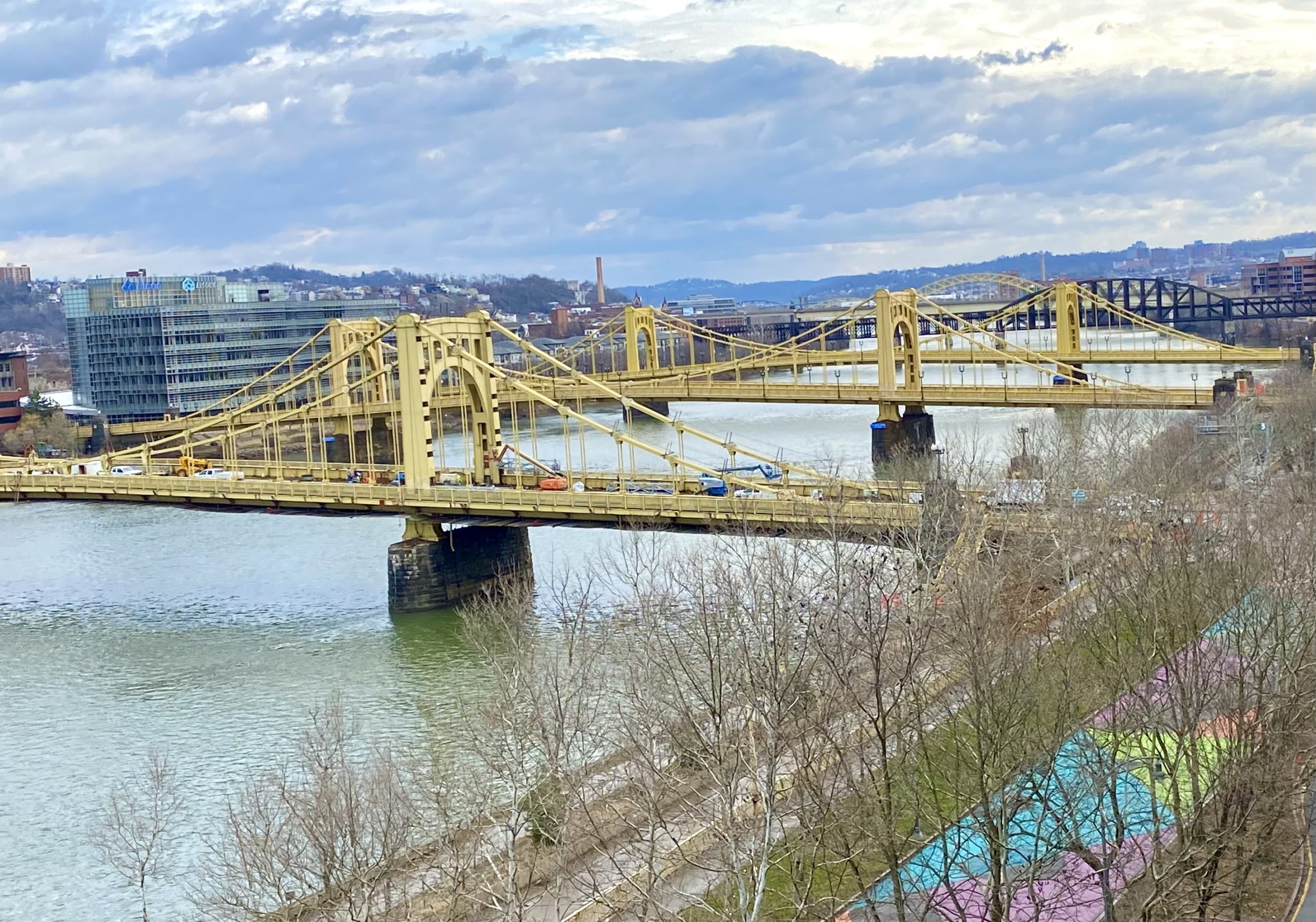Pittsburgh and the nation were rolling in 1968 from the despair and anger of its Black community following the assassination of the Reverend Martin Luther King Jr. Stepping beyond fear were two men of courage, one Black, the Honorable K. Leroy Irvis, then a member of the Pennsylvania House of Representatives, and one White, Fletcher Byrom, CEO of Koppers Company and Chairman of the Community Chest. Together they conceived the idea of Program to Aid Citizen Enterprise or PACE.
Eventually, others joined the conversation, including the Health and Welfare Association, Allegheny Conference on Community Development, and key leaders of the African American community. Dr. LeRoy Patrick, former pastor of Bethesda United Presbyterian Church and second chair-person of the PACE board of commissioners, described the prevailing conditions in the Pittsburgh of the 1960s, “… the Black community was quite dispirited with no businesses of their own; no one paying attention to the African-American community. They couldn’t buy houses or get decent jobs (even those with college degrees) and they had problems with public accommodations.”
Fifty-three years later, our nation is ravaged by a viral pandemic exacerbated by unrelenting racial and class inequities. Ongoing research attests to the continued significant obstacles and racial disparities faced by African Americans in the Southwestern Pennsylvania Region. Program to Aid Citizen Enterprise (PACE), a partner agency of the United Way of Southwestern Pennsylvania, remains a vital and relevant community resource in an environment that is still profoundly challenging for African American and other marginalized communities. Focusing primarily on building the effectiveness and sustainability of small and midsized community-based organizations, our mission is to advance a more equitable community by increasing the capacity of individuals, groups, and organizations that challenge injustice.
